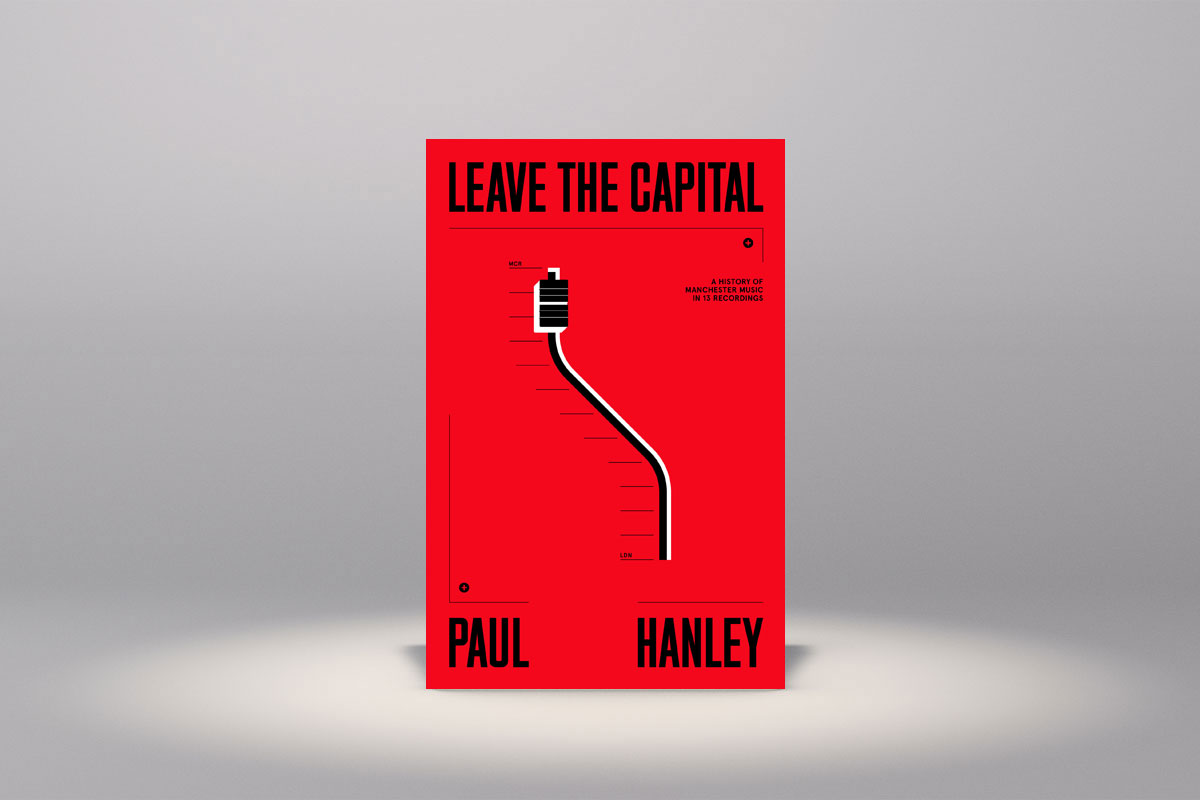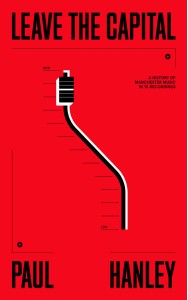In this extract from Paul Hanley's Leave The Capital, we see the birth of Herman's Hermits at a Beatles concert in Abbotsfield Park, Urmston.
On Bank Holiday Monday, 5th August 1963, a momentous concert took place in a tatty, hastily-erected marquee on Abbotsfield Park, Urmston. The Beatles were reluctantly honouring a booking that was made before they broke big. They’d had a good time when they played the Urmston Show in 1962, met some nice people and enjoyed a couple of pints in the Bird In Hand, so they happily agreed to come back the following year. Things were a little different by then though – at the time of the second gig ‘Please Please Me’ was riding high, they were ready to release ‘She Loves You’ and they had made their final appearance at The Cavern two days before. It was clear their days of playing council functions in rundown suburbs were over. Brian Epstein had tried to wriggle out of the gig on safety grounds, citing the uncontrollable numbers the newly-famous Beatles could generate, but Urmston Council were having none of it. There was no way they were going to cancel their flagship festivities on the grounds they might be too successful.
The lads got changed in a shed on the nearby allotments and were smuggled into the venue in a Parks & Gardens van. Depending on who you ask, between 1,000 and 4,000 people braved the horrendous rain to catch a glimpse of the zeitgeist blowing through their backyard. The council had expected 12,000.
Davyhulme mates Peter Noone and Alan Wrigley had wandered along to Abbotsfield Park ostensibly to see The Tremeloes. They were in a band themselves, The Heartbeats. Peter had a nice voice, a winning smile and a stage name he was proud of, Peter Novac; Alan had been practising hard on his hire-purchase bass guitar, and they figured they had what it took to make it big. However, what they saw that day changed everything. Alan was (un)lucky enough to witness four astonishing musicians at a point in their career when a serious case could be made for them being the most experienced live act in the world. The Beatles had played nearly a thousand hours in Hamburg and a year of lunchtime gigs at The Cavern on their journey to Urmston, and it showed. Pete and Alan had seen plenty of bands live – good bands, with talented musicians – but they’d never seen anything like this. And that bass player! Not only was he technically better at his instrument than Wrigley could ever hope to be, he was, as Ian MacDonald has memorably pointed out, perfectly capable of ‘singing, whilst simultaneously playing a bass-line in quavers. And winking at the girls in the front row.’ Alan knew the game was up. ‘We’re fucked,’ was just about all he could find to say on the subject, so he said it several times. His companion couldn’t manage such heady levels of discourse and remained speechless throughout.
Peter was something of a showbiz kid, he’d been on TV several times – including a stint as Len Fairclough’s son on Coronation Street – but in terms of charisma and sheer professionalism, this was beyond anything he’d ever imagined. He knew he’d never be able to compete with The Beatles at rock and roll, but then Paul took centre stage and sang ‘Till There Was You’; the one they half-heartedly wheeled out when they needed to broaden their appeal, just as they had done for Decca, just as they would do for The Royal Variety and Ed Sullivan. John and George always struggled to take the song seriously, and Paul could only carry it off by covering himself with a self-conscious smirk, but it was clear the song went down a treat with the mums and dads. (And, more importantly, the girls, Peter noted.) Suddenly, Peter could see a way forward. He’d never do authentic Little Richard like Paul McCartney, but he could sing that syrupy stuff like he really meant it. He would do the kind of songs The Beatles were desperate to drop. Of course, to do those numbers justice he’d need proper musicians, so it was a good job Alan had decided that he wasn’t good enough. It would save Peter a task later on.

